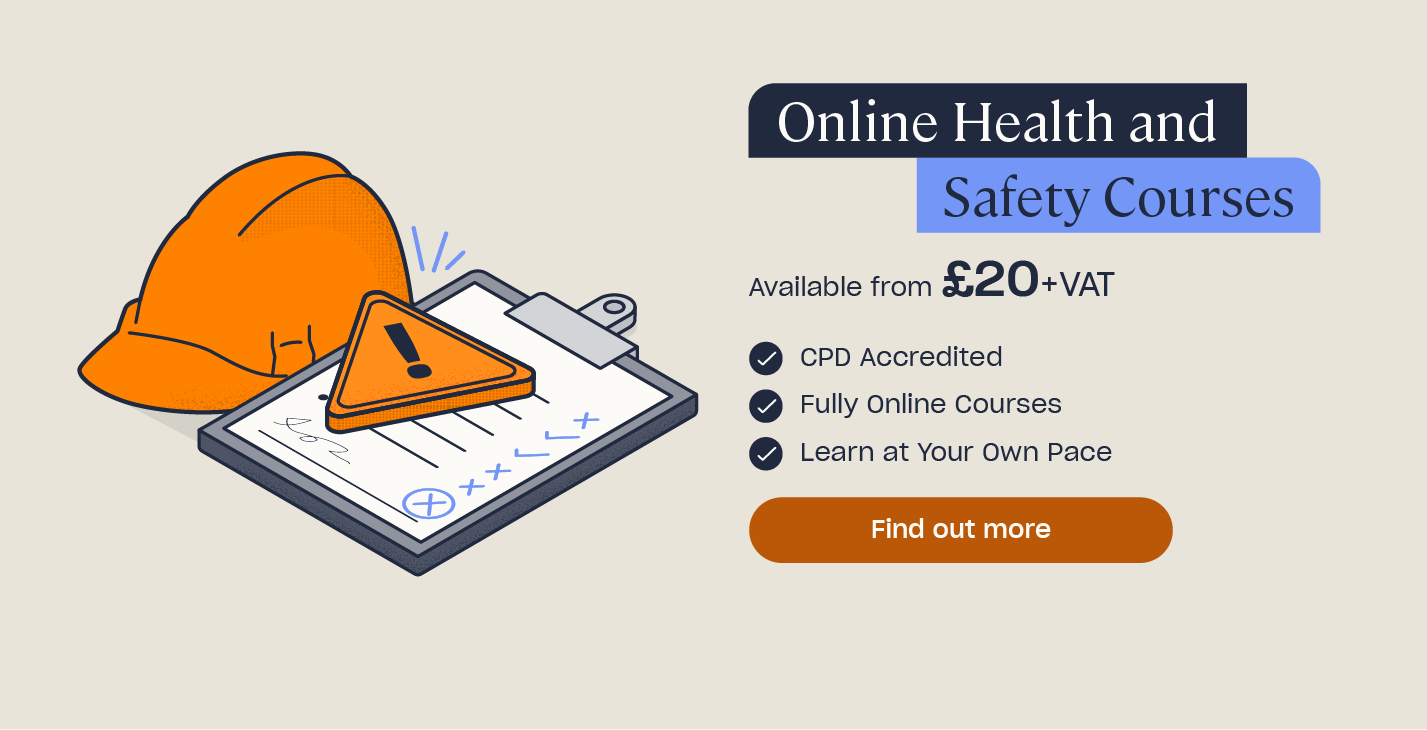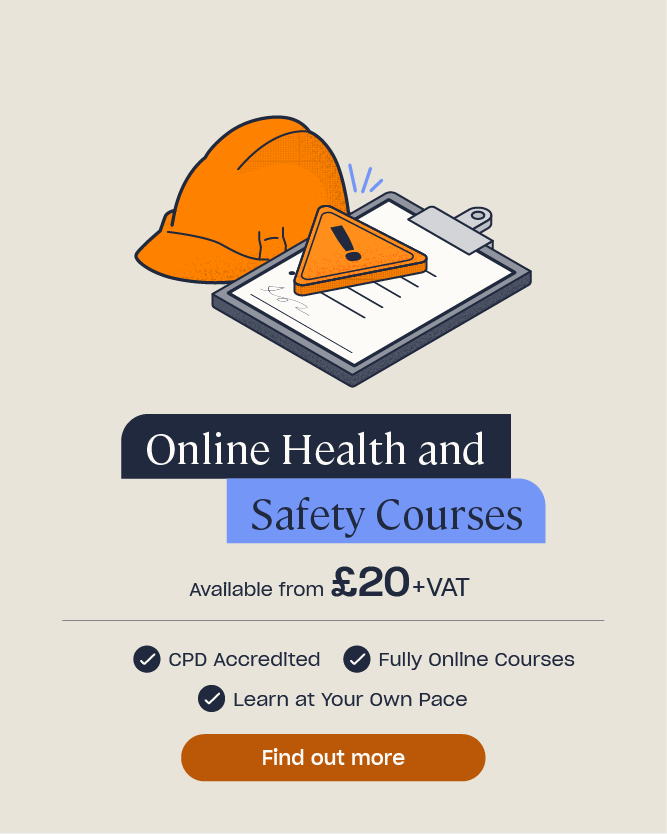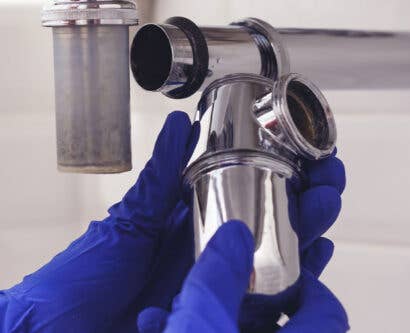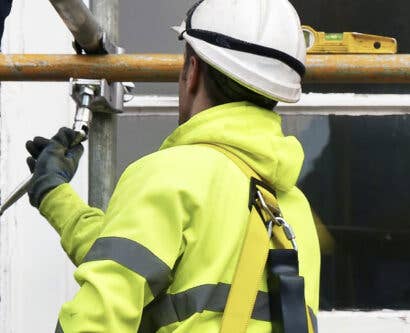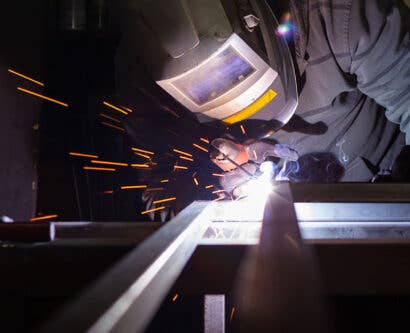How to Become an Engineer
Engineers are inventive problem solvers who spearhead creative innovation and development. They work in a wide range of industries and are experts in their respective fields, utilising their technical and analytical skills to overcome different challenges. Engineering is an incredibly popular career due to the diversity of the profession and the opportunity to make a tangible difference to people’s lives, the environment and society. Whether you are just beginning to consider your future career or thinking of switching to something new, if you enjoy using your technical skills to solve problems, engineering may be the career for you.
This article will outline how to become an engineer, the skills and qualifications needed to become an engineer and the different types of engineers.
What Does an Engineer Do?
An engineer uses maths and science to design, develop and invent different systems, structures and processes. They use their technical skills and knowledge to create solutions to a wide range of problems. Engineering is a broad field encompassing various industries which will be explored later in this article. Whilst some fields require specialist skills, there are core tasks that most engineers perform on a daily basis.
These include:
- Conducting research.
- Analysing data.
- Designing and creating prototypes.
- Testing prototype functionality.
- Building models.
- Conducting engineering experiments.
- Working with stakeholders and/or community groups to innovate new products.
- Writing reports.

Types of Engineers
There are five primary branches of engineering from which various sub-disciplines of engineering and engineers stem:
Civil Engineering 
Civil engineering relates to the infrastructure of society and the physical and naturally built environment. Civil engineers design, construct and maintain infrastructure such as bridges, roads and railways.
Sub-disciplines of civil engineering include:
- Structural engineering which focuses on the construction of safe and resilient structures.
- Environmental engineering which addresses protecting the environment by reducing waste and pollution.
Chemical Engineering 
Chemical engineering centres on developing raw materials into everyday products. Chemical engineers research new ways to develop products and create improvements for pharmaceutical, fuel, food and chemical manufacturing.
Sub-disciplines of chemical engineering include:
- Pharmaceutical engineering which relates to the research, development and manufacture of new medicines.
- Biochemical engineering which utilises biological materials such as organisms or cells, to develop products and processes.
Mechanical Engineering 
Mechanical engineering examines the design, build and installation of machinery used in industries such as power, engineering, transport and manufacture. Mechanical engineers fix, design and maintain mechanical devices.
Sub-disciplines of mechanical engineering include:
- Aerospace engineering which pertains to the development of aircrafts and spacecrafts.
- Robotics engineering which focuses on the design and creation of robotic systems and technologies.
Electrical Engineering 
Electrical engineering deals with the research and use of electricity, electronics and electromagnetism. Electrical engineers design, build and maintain electrical systems, machinery and equipment.
Sub-disciplines of electrical engineering include:
- Telecommunications engineering which involves designing and creating systems for long distance communication.
- Electronics engineering which relates to developing electronic systems and products for various industries.
Industrial Engineering 
Industrial engineering is concerned with the optimisation of different processes in order to reduce waste and increase efficiency. Industrial engineers review and analyse systems to improve productivity and quality.
Sub-disciplines of industrial engineering include:
- Manufacturing engineering which focuses on the practicalities of manufacture such as planning, research and development.
- Safety engineering which pertains to developing procedures that keep people safe from illness and injury and property from damage.
What Qualifications Do You Need to Become an Engineer?
The qualifications that you will need to become an engineer greatly depend on how far you want to go in your career. As mentioned, some sub-disciplines require specialist qualifications, whilst others are more flexible, giving you the chance to learn on the job. Nevertheless, most engineers have a degree or have completed an engineering apprenticeship; these are the two main qualification routes to begin your career as an engineer.
Engineering Degree
If you decide to pursue an engineering degree you will first need to complete 2 – 3 A-Levels. Different universities will have different entry requirements, however you will typically need A – B grades with A-Levels in Maths and a science; this can vary depending on your intended specialism. UCAS has further information on different engineering degrees and their respective requirements. Upon completion of your A-Levels you should consider whether you want to complete a three year Bachelor’s degree (BEng) or a four year Master’s degree (MEng). If you hope to become a Chartered Engineer (CEng), then a Bachelor’s and Master’s degree, or an accredited integrated MEng degree, will greatly help your registration. We will touch on how to become a Chartered Engineer later in the article.
Engineering Apprenticeship
An engineering apprenticeship allows you to earn while you learn and unlike a university degree your employer and the government pay any tuition fees. As an apprentice you will be an employee spending the majority of your time working and gaining hands-on experience. As with a degree, there are different entry requirements and this will vary depending on who you choose to do your apprenticeship with and the type of engineering apprenticeship you pursue. The National Careers Service has further information on available engineering apprenticeships.
There are four types of engineering apprenticeship:
- Intermediate Apprenticeship – also known as an entry level apprenticeship, these last between one and two years and teach you the basic engineering skills. You will typically need at least three GCSEs, grades A*- E/9 – 3, including English and Maths. Upon completion of an Intermediate Apprenticeship you will gain a Level 2 qualification.
- Advanced Apprenticeship – a step up from Intermediate, these provide a deeper understanding of engineering and take approximately two or more years to complete. You will typically need at least five GCSEs, grades A* – C/ 9 – 4, including English, Maths and a science. Upon completion of an Advanced Apprenticeship you will gain a Level 3 qualification.
- Higher Apprenticeship – these are usually targeted towards school leavers who have finished their A-Levels and teaches you more advanced skills. They take approximately two to five years to complete. You will typically need five or more GCSEs, grades A* – C/ 9 – 4, including English, Maths and a science as well as two A-Levels. Upon completion of a Higher Apprenticeship you will gain a Level 4 or Level 5 qualification.
- Degree Apprenticeship – these lead to a full Bachelor’s or Master’s degree and take approximately three to six years to complete. A Degree Apprenticeship enables you to get a mix of full-time working and academic learning. You will typically need five or more GCSEs, grades A* – C/9 – 4, including English, Maths and a science as well as two A-Levels. Upon completion of a Degree Apprenticeship you will gain a Level 6 or a Level 7 qualification.

Professional Registration
Professional registration is highly regarded in the engineering field and whilst not essential to getting a job, it can increase your earning potential, job prospects and professional credibility.
The professional engineering registration titles recognised by the Engineering Council are:
- Engineering Technician (EngTech)
- Incorporated Engineer (IEng)
- Chartered Engineer (CEng)
To gain professional registration, your competence will be assessed against UK-SPEC standards in a professional review. This peer process is carried out by engineers who are already professionally registered and trained to carry out assessments. If you have gained a recognised qualification, such as an accredited university degree or approved apprenticeship scheme, then you will not need a professional review to achieve registration. The Engineering Council has more information about professional registration here.
How Long Does it Take to Become an Engineer?
There is no set timeline for becoming an engineer and you can expect to spend between one to six years earning the necessary qualifications and experience.
If you choose to pursue an undergraduate degree, you can expect to spend at least three to four years studying. If you then decide to complete a Master’s, this could add another one or two years. If you choose to pursue an engineering apprenticeship, the time will vary depending on the level of apprenticeship that you choose and could take between one to six years.
Looking to Learn More?
Whichever route you take to begin your career as an engineer, supplement your learning with our wide range of Health and Safety Courses. Courses such as our Asbestos Awareness and Working at Height can teach you the skills to work safely and securely.
What Skills Do You Need to Become an Engineer?
To become an engineer you will need a variety of hard and soft skills. Hard skills are those essential to your career such as programming, computer-aided design (CAD) and manufacturing; these will be developed during your study or apprenticeship. Soft skills are more transferable but are equally important to a successful career.
Important soft skills for an engineer include:
- Problem solving.
- Teamwork.
- Creativity.
- Strong communication.
- A diligent eye for detail.
- Project management.
- Adaptability.
- Computer literacy.
- Growth mindset.
- Analytical ability.

How to Become an Engineer
If you have decided that engineering is the right career for you, you need to consider the best entry route. Whilst there is no guarantee of employment upon completion of an engineering apprenticeship, employers are often eager to invest in future talent and most apprentices end up with a permanent role. Comparatively, university graduates may finish their degrees with more advanced technical knowledge but less hands-on experience. Both routes can lead to a successful career and each route has its pros and cons, so it is important to pick the right path for you.
Once you have finished studying, it’s time to start applying! The Government’s Find a Job service can help you find engineering jobs in your area. Before applying for any role, read through the job description carefully and ensure that your CV is up-to-date. A well written CV will help you stand out from the competition so be sure to list any relevant work experience that you have, as well as your qualifications and skills. If you have gained professional registration from the Engineering Council, add the relevant suffix as clear evidence of the high calibre of your work.
Engineering can be an incredibly diverse and rewarding career. Engineers are at the forefront of creative innovation and are fundamental to the development of new technologies to better society. If you see yourself as a future engineer, investing the time to obtain the necessary qualifications and work experience will help you pursue your dream job.
Further Resources:
- How to Find the Right Career for Me
- How to Switch Careers
- Health and Safety Training Courses
- What is Asbestos Awareness Training & Who Needs it?


